MSc Applied Bioinformatics

学历文凭
Masters Degree (Taught)

专业院系
School of Water, Energy and Environment

开学时间

课程时长

课程学费

国际学生入学条件
IDP—雅思考试联合主办方

雅思考试总分
6.5
- 雅思总分:6.5
- 托福网考总分:92
- 托福笔试总分:160
- 其他语言考试:IELTS - 6.5 overall and 5.5 in all skill components. TOEFL - 92 total and minimum skill component scores of 18 reading, 17 listening, 20 speaking and 17 writing. Duolingo English Test - 120 overall and minimum subscores of 95 speaking, 95 writing, 95 reading and 95 listening. PTE Academic, PTE Academic Online, PTE Academic UKVI - 65 overall and 59 in all skill components.
CRICOS代码:
申请截止日期: 请与IDP联系 以获取详细信息。
课程简介
相关申请
 预科
预科 奖学金
奖学金 实习机会
实习机会 在校学习
在校学习 跨境学习
跨境学习 校园授课-线上开始
校园授课-线上开始 在线/远程学习
在线/远程学习
开学时间&学费
学费信息仅供参考,请与IDP联系以获取详细信息
| 开学时间 | 时长 | 学费 | 地点 |
|---|---|---|---|
| 暂无 | 暂无 | 暂无 | 暂无 |
关于克兰菲尔德大学

克兰菲尔德大学是一所著名的以研究生教育为重点的大学,在克兰菲尔德和什里文汉姆设有校区。该大学成立于1946年,前身为航空学院,于1969年获得大学地位,目前专注于科学、工程、技术和管理领域。克兰菲尔德的学生受益于大学无与伦比的行业合作伙伴关系、研究驱动型教育和职业发展机会。其独特的设施包括克兰菲尔德机场(全球仅有的几座由大学运营的机场之一)和克兰菲尔德大学科技园,该科技园拥有60多家创新型企业。克兰菲尔德大学致力于为学生提供职业发展机会,其毕业生就业率高达96%,这得益于大学与近1500家机构的良好合作关系,这些机构涵盖中小型企业以及空客、波音和联合利华等全球跨国公司。克兰菲尔德的学术领域涵盖航空航天、国防与安全、能源与可持续发展以及水资源等八个学科。大学提供授课型和研究型课程,师生比例为1:8,确保学生拥有高度个性化的学习环境,并与顶尖专家密切合作。获得克兰菲尔德大学的研究生学位,对于寻找具有竞争力且有意义的毕业生就业至关重要。
本校相关课程
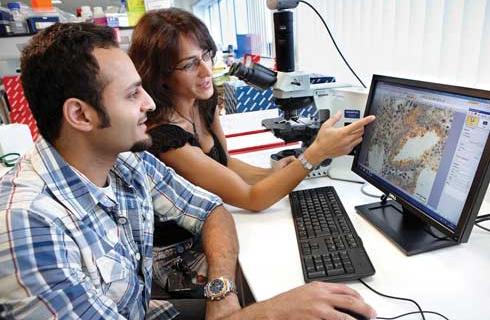
MSc/PgDip/PgCert Military Vehicle Technology
学历文凭
Masters Degree (Taught)
开学日期
课程费用总额

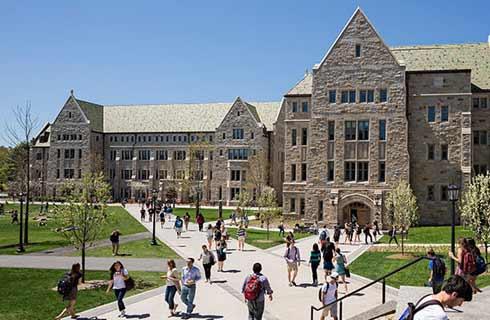
MSc/PgCert/PgDip Military Operational Research
学历文凭
Masters Degree (Taught)
开学日期
课程费用总额


MSc/PgCert/PgDip Military Electronic Systems Engineering
学历文凭
Masters Degree (Taught)
开学日期
课程费用总额


MSc/PgDip/PgCert Information Capability Management
学历文凭
Masters Degree (Taught)
开学日期
课程费用总额

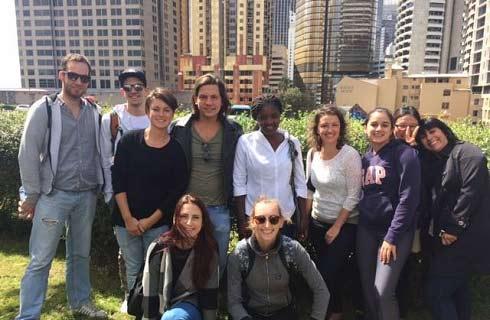
MSc/PgDip/PgCert Gun Systems Design
学历文凭
Masters Degree (Taught)
开学日期
课程费用总额


MSc/ PgDip/ PgCert Guided Weapon Systems
学历文凭
Masters Degree (Taught)
开学日期
课程费用总额

其他相关课程

Environmental Pollution and Management PhD
 布莱顿大学
布莱顿大学泰晤士高等教育世界大学排名:755
学历文凭
Ph.D.
开学日期
课程费用总额


环境与商业(荣誉)文学士学位
 利兹大学
利兹大学泰晤士高等教育世界大学排名:118
学历文凭
Bachelor Degree with Honours
开学日期
课程费用总额

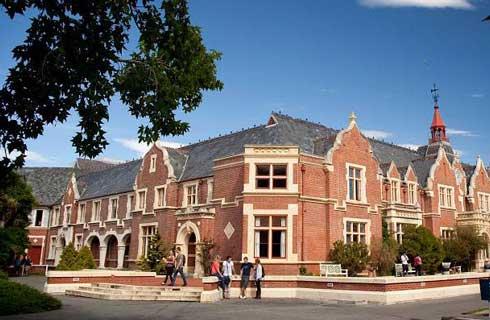
哲学博士(可持续资源管理)
 纽卡斯尔大学
纽卡斯尔大学学历文凭
Ph.D.
开学日期
课程费用总额


MSc Environmental Sustainability
 爱丁堡龙比亚大学
爱丁堡龙比亚大学泰晤士高等教育世界大学排名:645
学历文凭
Masters Degree (Taught)
开学日期
课程费用总额

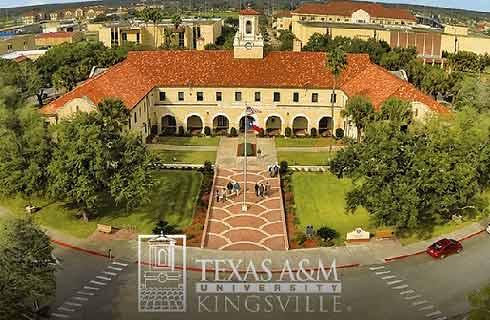
野生动物科学学士学位(荣誉学位)
 昆士兰大学
昆士兰大学泰晤士高等教育世界大学排名:80
学历文凭
Bachelor Degree with Honours
开学日期
课程费用总额


理学硕士淡水环境综合管理
 伦敦玛丽女王大学
伦敦玛丽女王大学泰晤士高等教育世界大学排名:135
学历文凭
Masters Degree (Taught)
开学日期
课程费用总额










